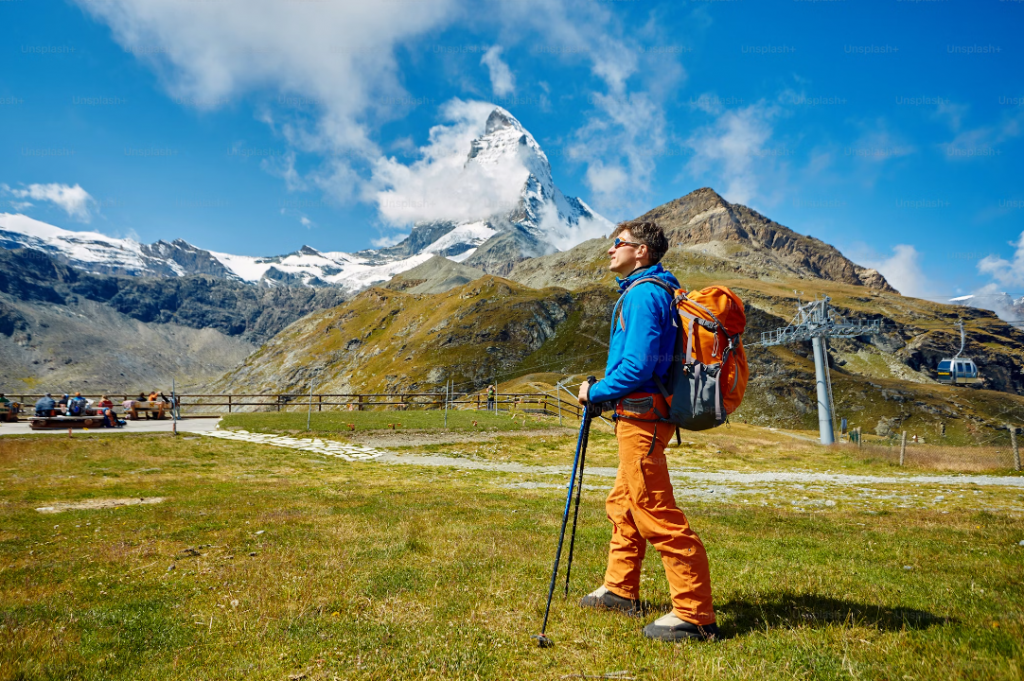Outdoor activities play a pivotal role in enhancing both physical and mental well-being. Engaging in outdoor pursuits not only promotes a healthier lifestyle but also contributes significantly to overall happiness and fulfillment. In this article, we delve into the numerous benefits that outdoor activities offer, ranging from improved physical fitness to enhanced mental clarity.
1. Introduction to Outdoor Activities
Outdoor activities encompass a wide range of pursuits such as hiking, cycling, gardening, and various sports. These activities take individuals out of indoor environments and into natural settings, providing a refreshing change of scenery and a host of health benefits.
2. Physical Health Benefits
One of the primary advantages of outdoor activities is the positive impact they have on physical health. Regular engagement in outdoor pursuits leads to:
2.1 Enhanced Cardiovascular Health
Activities like brisk walking, jogging, or swimming outdoors contribute to better cardiovascular health by strengthening the heart and improving circulation.
2.2 Improved Immunity and Vitamin D Absorption
Exposure to sunlight during outdoor activities aids in the synthesis of vitamin D, essential for bone health and immune system function.
2.3 Weight Management and Increased Fitness Levels
Outdoor activities help burn calories, leading to weight management, and also contribute to building stamina and endurance, resulting in improved overall fitness levels.
3. Mental Health Benefits
Apart from physical advantages, outdoor activities have a profound impact on mental well-being:
3.1 Stress Reduction and Mood Enhancement
Being in natural surroundings reduces stress levels and promotes a sense of calmness, leading to improved mood and emotional stability.
3.2 Boosted Creativity and Cognitive Function
Spending time outdoors stimulates creativity and enhances cognitive function, making individuals more alert and focused.
4. Social Interaction and Emotional Well-being
Engaging in outdoor activities often involves socializing with others, which is beneficial for emotional well-being:
4.1 Opportunities for Socializing and Building Relationships
Activities such as group hikes, team sports, or community gardening foster social connections, reducing feelings of loneliness and isolation.
4.2 Increased Self-esteem and Confidence
Achieving personal milestones or overcoming challenges during outdoor activities boosts self-esteem and confidence levels.
5. Connection with Nature
The therapeutic effects of nature play a crucial role in overall well-being:
5.1 Psychological Benefits of Being in Natural Environments
Exposure to nature has been linked to reduced anxiety, improved concentration, and a greater sense of inner peace and contentment.

6. Specific Outdoor Activities
Different outdoor pursuits offer unique benefits:
6.1 Hiking and Its Benefits
Hiking not only provides physical exercise but also allows individuals to connect with nature, offering a sense of adventure and exploration.
6.2 Cycling and Its Impact on Overall Well-being
Cycling promotes cardiovascular health, strengthens muscles, and is an eco-friendly mode of transportation, benefiting both individuals and the environment.
6.3 Benefits of Outdoor Sports
Participating in outdoor sports like soccer, basketball, or tennis improves coordination, teamwork, and overall fitness levels while providing enjoyment and camaraderie.
7. Children and Outdoor Activities
Encouraging children to engage in outdoor play is crucial for their holistic development:
7.1 Importance of Outdoor Play for Children’s Development
Outdoor play helps children develop motor skills, creativity, and social skills, fostering a love for nature and physical activity from a young age.
7.2 Encouraging Kids to Engage in Outdoor Activities
Parents and educators can promote outdoor play by providing safe and stimulating outdoor environments, limiting screen time, and organizing outdoor adventures or sports activities.
8. Overcoming Barriers
While outdoor activities offer numerous benefits, certain barriers may prevent individuals from participating:
8.1 Addressing Common Obstacles to Outdoor Activities
Factors such as lack of time, accessibility to outdoor spaces, or concerns about safety can be addressed through proper planning, time management strategies, and seeking community support.
8.2 Tips for Incorporating Outdoor Activities Into Daily Life
Simple steps like scheduling outdoor time, choosing activities that align with personal interests, and involving friends or family can make outdoor engagement a regular and enjoyable part of daily life.
9. Conclusion
In conclusion, the benefits of outdoor activities for physical and mental well-being are vast and impactful. By incorporating outdoor pursuits into our lives, we can experience improved health, happiness, and a deeper connection with ourselves and the natural world.